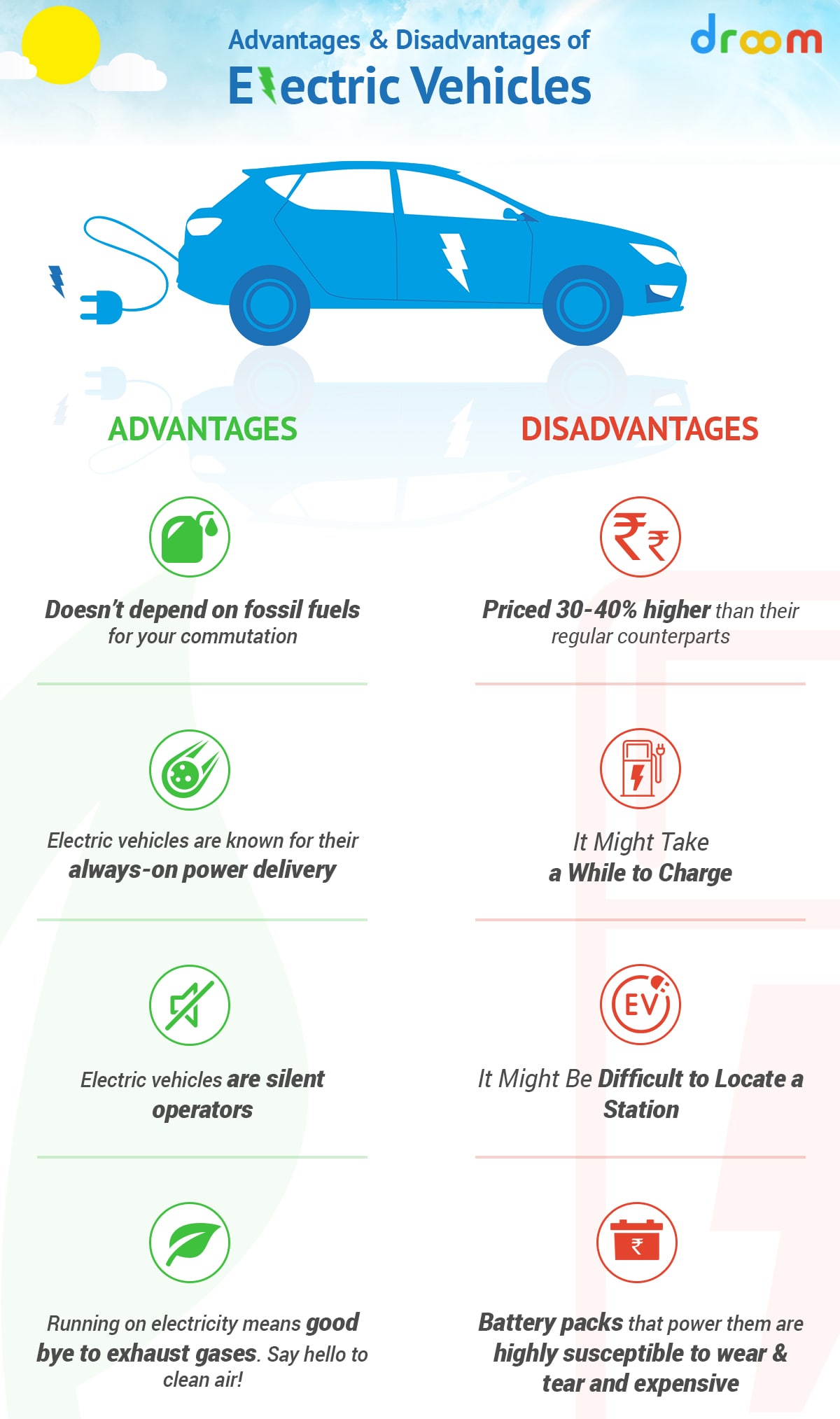Ahmedabad
(Head Office)Address : 506, 3rd EYE THREE (III), Opp. Induben Khakhrawala, Girish Cold Drink Cross Road, CG Road, Navrangpura, Ahmedabad, 380009.
Mobile : 8469231587 / 9586028957
Telephone : 079-40098991
E-mail: dics.upsc@gmail.com

Volatile Organic Molecules
News: Recently, a study conducted by Indian Institute of Science Education and Research revealed that India can slash emissions of Volatile Organic Molecules (VOC) by 76% in the next eight years by swapping all two- and threewheelers with electric vehicles and all diesel-fuelled ones with Compressed Natural Gas (CNG).
Details:
• Gases escaping out of a vehicle’s exhaust account for 65-80% of an automobile’s emissions.
• India is home to 14 out of the top 20 most polluted cities globally. Around 1.67 million deaths were linked to air pollution in 2019. The country lost 1.36% of its gross domestic product the same year.
• Therefore, adopting electric vehicles can help India achieve a cleaner future.
What are Volatile Organic Molecules?
• VOCs are carbon-containing chemicals released by petrol and diesel vehicles. They impact air quality and human health.However, VOCs can have a natural origin, too.Plants emit these chemicals to attract pollinators, defend themselves from pests and predators and adapt to environmental stress.
• VOCs can irritate the eyes, nose and throat, damage body organs and cause cancer.Long-term exposure to VOCs is not good because the majority of the VOCs are carcinogenic (cancer-causing).It is also linked to medical conditions such as asthma and heart disease.Black carbon is linked to health problems such as respiratory and cardiovascular disease, cancer and congenital disabilities. It also contributes to climate change.
• VOCs can drive the formation of other dangerous pollutants.For instance, they react with sunlight and nitrogen dioxide to form ground-level ozone.VOCs also trigger the formation of Particulate Matter (PM2.5), a pollutant that reaches deep into the lungs, affecting their normal functioning.
• They react in the air to produce secondary organic aerosols, minute particles suspended in the air.
• Human-made VOCs are a cause for concern, yet they don’t draw enough attention.Benzene, a chemical that induces cancer, is the only VOC included in the National ambient air-quality standards.The other pollutants under ambient air-quality standards considered are PM10, PM2.5, nitrogen dioxide, sulphur dioxide, carbon monoxide, ozone, ammonia, lead, nickel and benzo(a)pyrene.
Electric Vehicles and challenges:
• An EV operates on an electric motor instead of an internal combustion engine and has a battery instead of a fuel tank.In general, EVs have low running costs as they have fewer moving parts and are also environmentally friendly.In India, the fuel cost for an EV is approximately 80 paisa per kilometre. Contrast this with the cost of petrol which is today more than Rs 100 per litre in Indian cities, or Rs 7-8 per kilometre to operate a petrol-based vehicle.
• EV production is a capital intensive sector requiring long term planning to break even and profit realisation, uncertainty in government policies related to EV production discourages investment in the industry.
• India is technologically deficient in the production of electronics that form the backbone of the EV industry, such as
batteries, semiconductors, controllers, etc.
• India does not have any known reserves of lithium and cobalt which are required for battery production.
• The lack of clarity over AC versus DC charging stations, grid stability and range anxiety (fear that batteries will soon run out of power) are other factors that hinder the growth of the EV industry.
• EVs have higher servicing costs and higher levels of skills is needed for servicing. India lacks dedicated training courses for such skill development.

Address : 506, 3rd EYE THREE (III), Opp. Induben Khakhrawala, Girish Cold Drink Cross Road, CG Road, Navrangpura, Ahmedabad, 380009.
Mobile : 8469231587 / 9586028957
Telephone : 079-40098991
E-mail: dics.upsc@gmail.com
Address: A-306, The Landmark, Urjanagar-1, Opp. Spicy Street, Kudasan – Por Road, Kudasan, Gandhinagar – 382421
Mobile : 9723832444 / 9723932444
E-mail: dics.gnagar@gmail.com
Address: 2nd Floor, 9 Shivali Society, L&T Circle, opp. Ratri Bazar, Karelibaugh, Vadodara, 390018
Mobile : 9725692037 / 9725692054
E-mail: dics.vadodara@gmail.com
Address: 403, Raj Victoria, Opp. Pal Walkway, Near Galaxy Circle, Pal, Surat-394510
Mobile : 8401031583 / 8401031587
E-mail: dics.surat@gmail.com
Address: 303,305 K 158 Complex Above Magson, Sindhubhavan Road Ahmedabad-380059
Mobile : 9974751177 / 8469231587
E-mail: dicssbr@gmail.com
Address: 57/17, 2nd Floor, Old Rajinder Nagar Market, Bada Bazaar Marg, Delhi-60
Mobile : 9104830862 / 9104830865
E-mail: dics.newdelhi@gmail.com